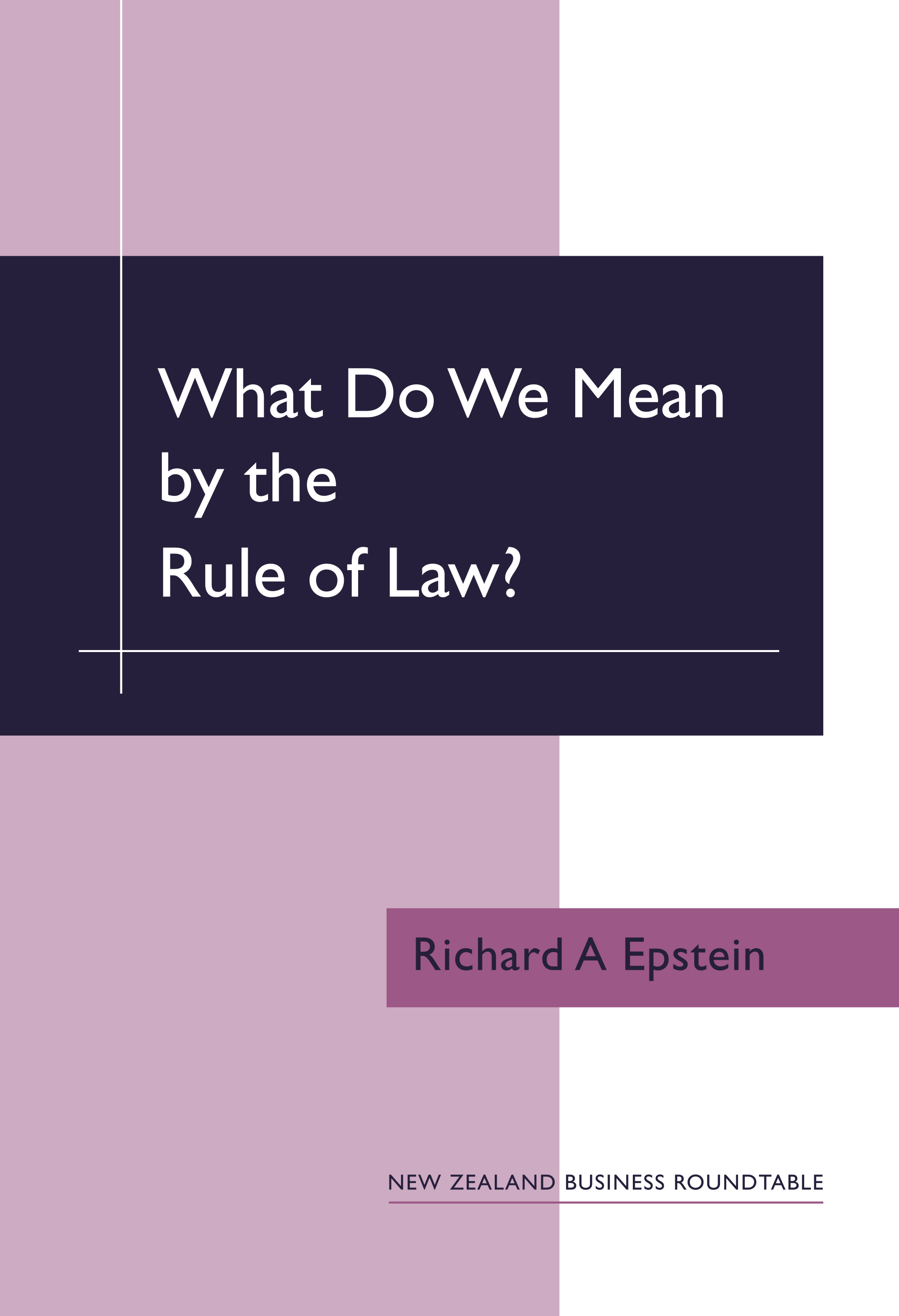'The rule of law' is at once one of the most persistent and mysterious phrases in jurisprudence. I am not aware of anyone who is opposed to the rule of law. Yet at the same time, it is difficult to find out what the cash value of the concept is in helping to understand how best to fashion human relationships. Often, the term operates as a catch-all for other conceptions of which the relevance to political and legal theory is hard to define. One recent effort at an account of the concept gives some idea as to the elusive nature of a ubiquitous phrase. Thus, T R S Allan in Law, Liberty and Justice (Clarendon Press, Oxford, 1993, p 21) suggests that, "the rule of law is an amalgam of standards, expectations and aspirations: it encompasses traditional ideas about liberty and natural justice, and, more generally, ideas about the requirements of justice and fairness in the relations between government and governed". My objective is to isolate the different senses that can be attached to the term in order to give it some coherence and relevance.
One clue to the meaning of the rule of law is that it requires that there be some sort of rules. These rules are not just generalisations about human nature, but are often specific commands that a sovereign power issues to its subjects, where the breach of a rule could invite the use of the full range of legal sanctions. Accordingly, that concept does not make much sense in a state of anarchy, or in a tribal or customary context. For its origins we have to go back to early systems of sovereignty based on kinship and territorial control, which were top-down systems, with one person at the top. That idea of sovereignty deviates from the current view of political power that is based on a strong belief in a democratic system of elections, a bottom-up view, which is, historically, a relatively modern development.



